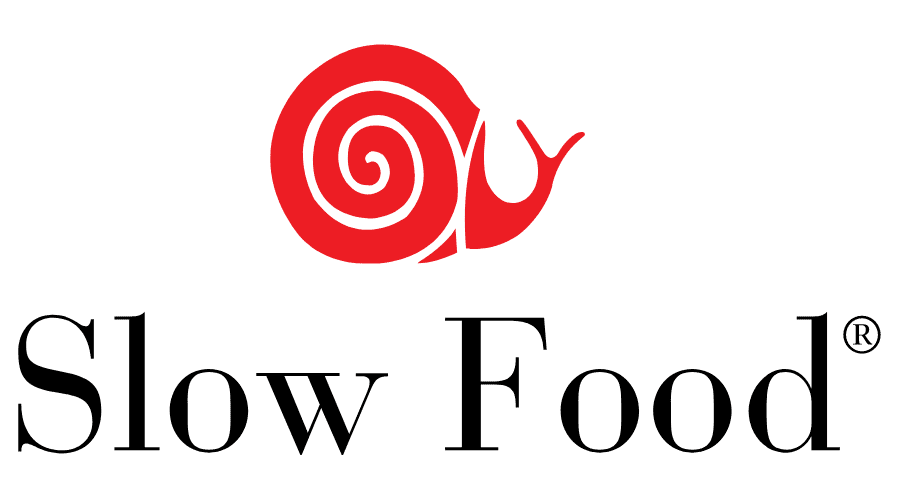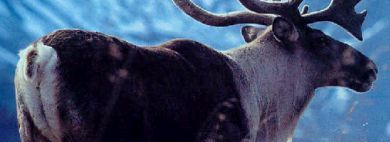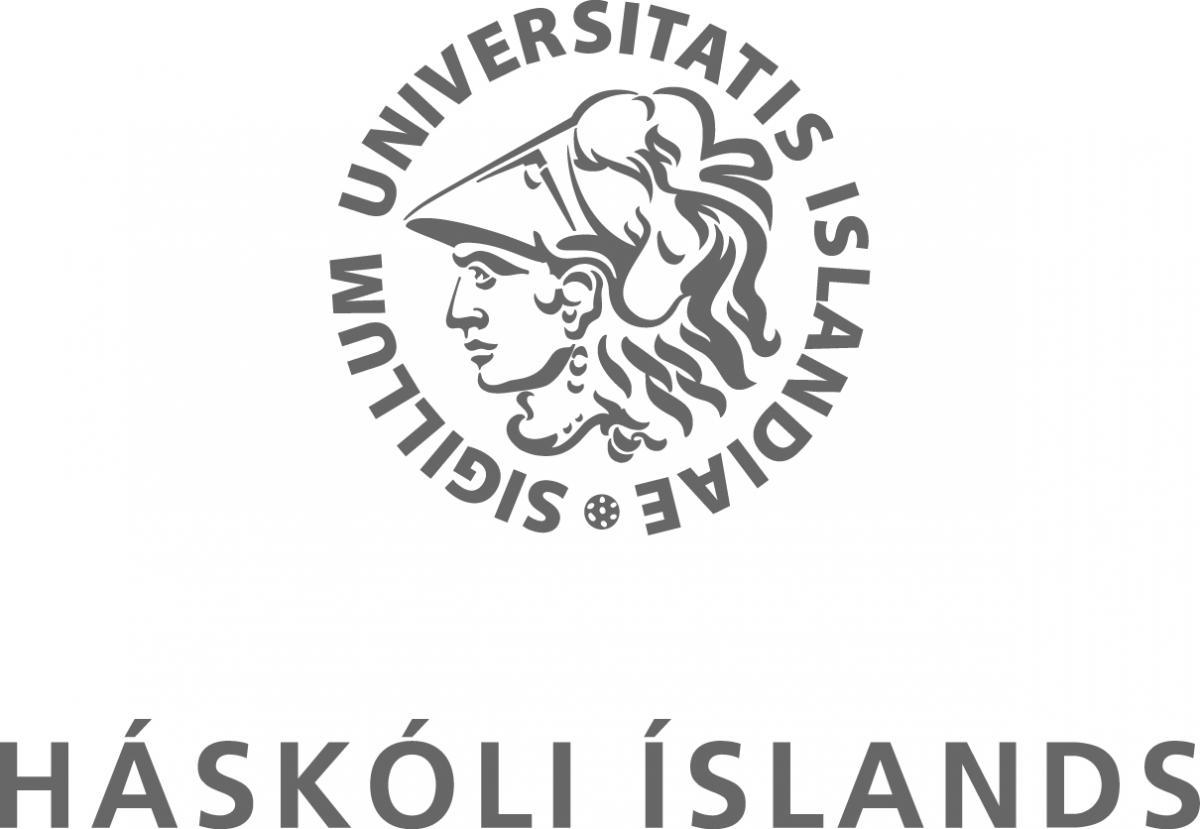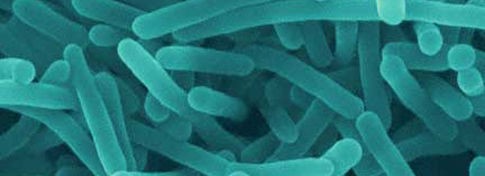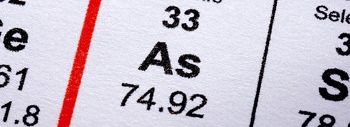Is it possible to reduce waste in the production and distribution of food?
Starfsmaður Matís, Þóra Valsdóttir, heldur erindi um þetta efni á opnum fundi á morgun, fimmtudag 24. september kl. 15-17 á
Is it possible to reduce waste in the production and distribution of food? Nánar »

